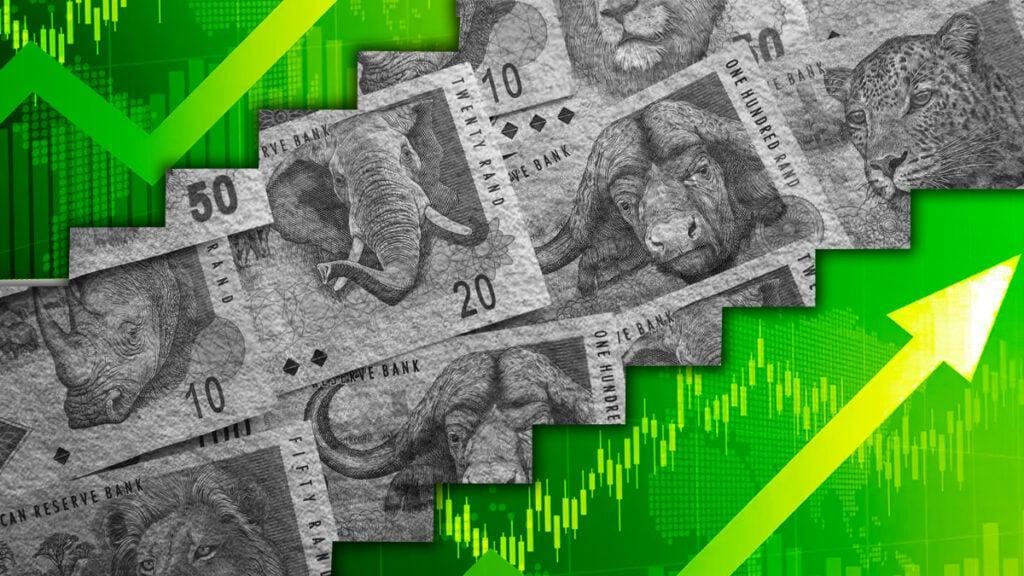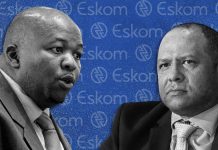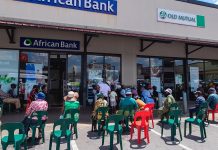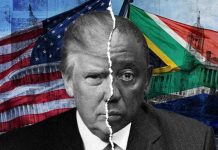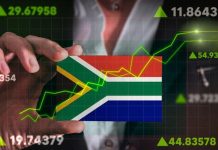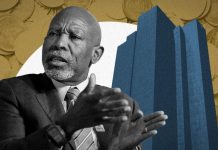Africa-Press – South-Africa. Top South African bankers are the most optimistic they’ve been about the nation’s economic prospects in decades following a spate of good news.
Finance Minister Enoch Godongwana last week delivered a-better-than-expected budget update, with revenue overshooting previous projections and the National Treasury recommitting to its fiscal-consolidation plans.
The minister also announced that the central bank would target 3% inflation, rather than a band of 3% to 6%.
S&P Global Ratings responded by upgrading South Africa’s credit assessment for the first time since 2005 and maintaining a positive outlook on its debt, less than a month after the Financial Action Task Force removed the country from its dirty-money watchlist.
Power cuts have virtually ceased since early last year and the nation’s coalition government has moved to tackle logistical constraints that have hamstrung exports.
“All of that really for me points towards a permanent inflection point and that we’ve reached a positive trajectory,” Emrie Brown, Rand Merchant Bank’s chief executive officer, said in an interview on the sidelines of the inaugural Bloomberg Africa Business Summit in Johannesburg on Tuesday.
“I definitely think the sentiment is the most positive I have seen in two decades. It’s really big.”
The confidence is evident in financial markets. The rand has gained almost 10% against the dollar this year, briefly strengthening past 17 to the greenback last week for the first time since February 2023, and traded at 17.17 at 6:45 p.m. in Johannesburg.
The main stock index has surged 44% in dollar terms, while yields on the nation’s benchmark bonds have fallen sharply.
The turnaround follows years of negativity over electricity shortages, state corruption, political uncertainty and surging living costs — all of which have deterred investment and curbed economic growth. Gross domestic product expanded by an average of less than 1% a year over the past decade.
While the National Treasury expects the average growth rate to accelerate to 1.8% over the next three years, Brown cautions that an investment surge may be contingent on an improved outlook materializing.
Absa CEO Kenny Fihla told the conference the government had demonstrated its commitment to deregulation and focus on removing the obstacles that were stalling and preventing much faster economic growth.
“That commitment and clear signaling was last seen during the era” of President Thabo Mbeki, which ended in 2008, he said at the summit.
Godongwana is adamant the positive sentiment will hold and the country is on the right course.
‘If you ask me, I’m quite positive,” he said. “The decisions we’ve taken, whether it’s on the structural reform side, whether it’s on the fiscal metrics side,” have political backing and will be difficult for anybody to change, he said.
Leila Fourie, the JSE CEO, which manages the country’s stock exchange, said that the market rally has been concentrated in the resources sector, with room for others to catch-up.
“We’ve added R5 trillion to our market cap,” she said. “That money has to find its way into investment and potential capital expenditure.”
Risks remain, including one of the world’s highest unemployment rates, rampant crime and corruption, a deepening water crisis, and persistent problems at the nation’s ports and railways.
The government has also been at odds with US President Donald Trump’s administration, which has imposed a 30% import tariff on some of its exports.
Trump has falsely claimed that White Afrikaner farmers are being subjected to a genocide in South Africa and the government is seizing their land — claims that Godongwana said is making some investors nervous.
“There are very good policy initiatives. To translate those into real results, that’s a different question,” said Stanlib Asset Management CEO Derrick Msibi.
“How long is that going to take? Can we finally solve the issue of the infrastructure backlog? That’s not going to happen overnight.”
For More News And Analysis About South-Africa Follow Africa-Press

